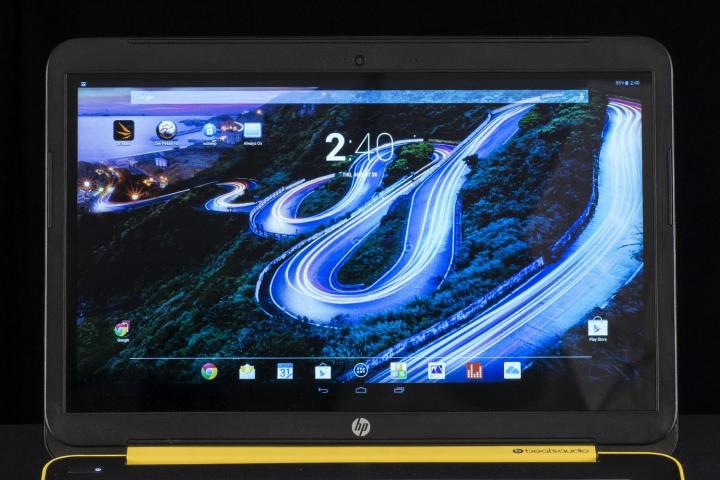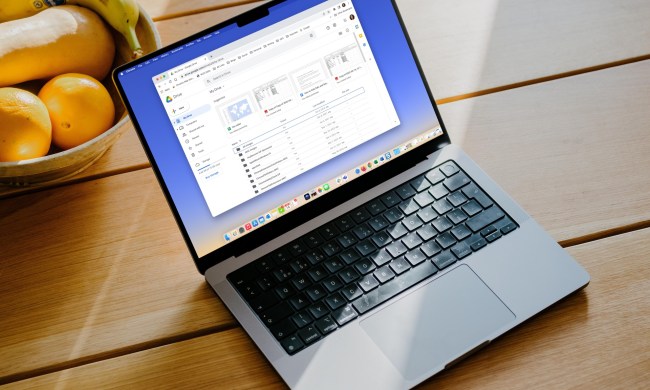
Much like how Microsoft intends to unify Windows Phone, RT, and Windows 10, signs indicate that Google wants to bring Android and Chrome OS closer over time, until the mobile and computer barriers are broken altogether.
There’s a brand new sign of this now. Enter Sundar Pichai, the overseer of both Android and Chrome, and Hiroshi Lockheimer, the Vice President of engineering for Android. The latter has just added Chrome OS to his list of responsibilities, which previously centered squarely on Android. Choosing the exec in charge of mobile to also oversee the desktop OS is telling.
However, Lockheimer will not be in charge of the Chrome browser, Chromecast TV streaming device or Chromebook personal computer hardware duties. Lockheimer couldn’t be reached to officially acknowledge the promotion. Linus Upson, who was the top Chrome engineer, is no longer serving in that role.
Android runs on the most smartphones sold these days. While Chromebooks are definitely on the rise, they’re still a mere blip on Microsoft’s market share radar. The plan is to make Chrome OS laptops feel a little less experimental, and cater to the needs of more than just budget-wary students.
Lockheimer will simply work towards making Chrome OS better, more productive, and smoother. Keep in mind that the mobile platform currently powers phones and tablets primarily, although smartwatches, TVs, cars and even home appliances built on Android are becoming less and less exotic.
Oh, and you can even find one or two (not so great) Android laptops around if you look hard enough. Clearly, it’s the mobile DNA that will be predominant in the Android/Chrome hybrid (Androidome?) if such a Frankensteinian OS does ever see the light of day.
Microsoft’s and Google’s reasons for wanting to consolidate platforms are in direct opposition. The former holds the monopoly over the PC world, struggling to generate popularity for its smaller gadgets, whereas the latter faces a reverse situation.


